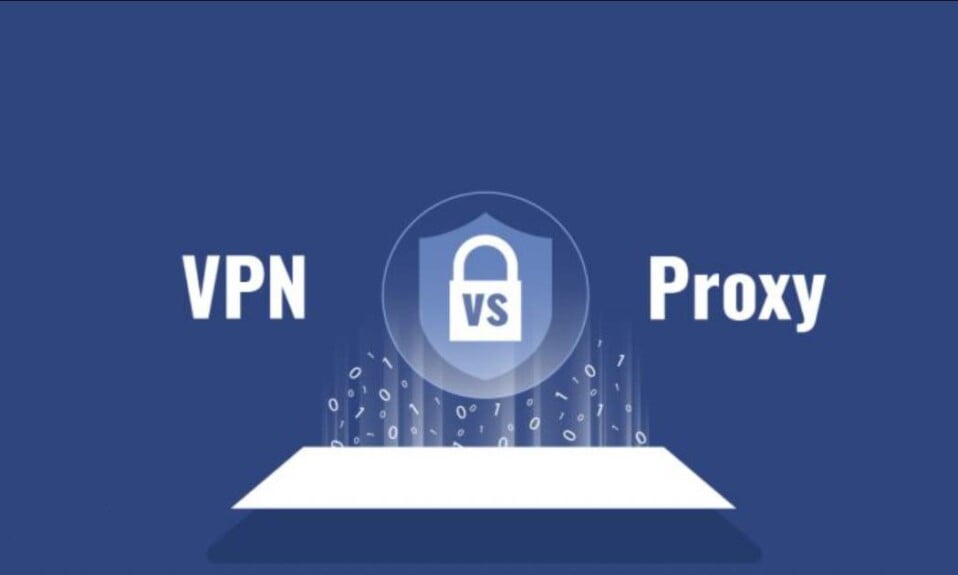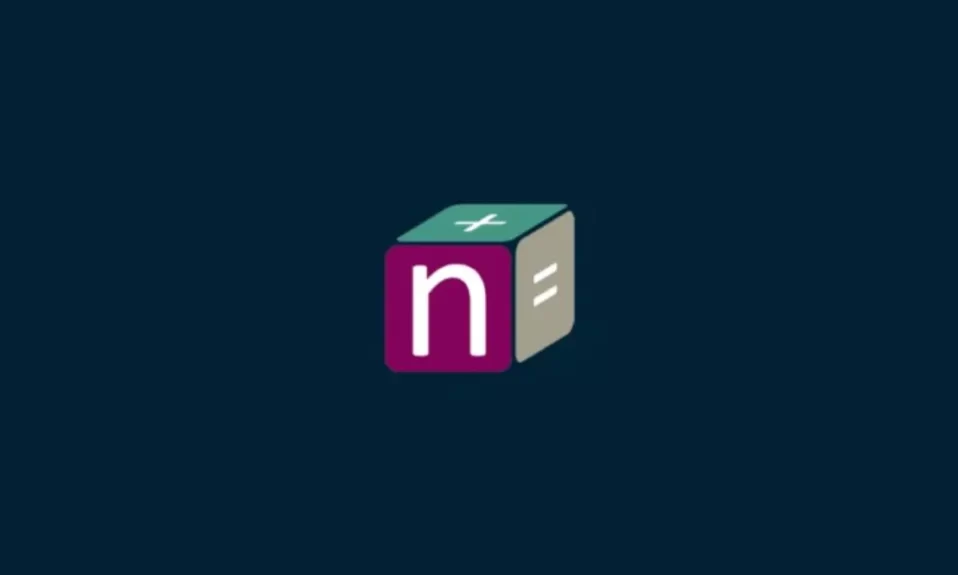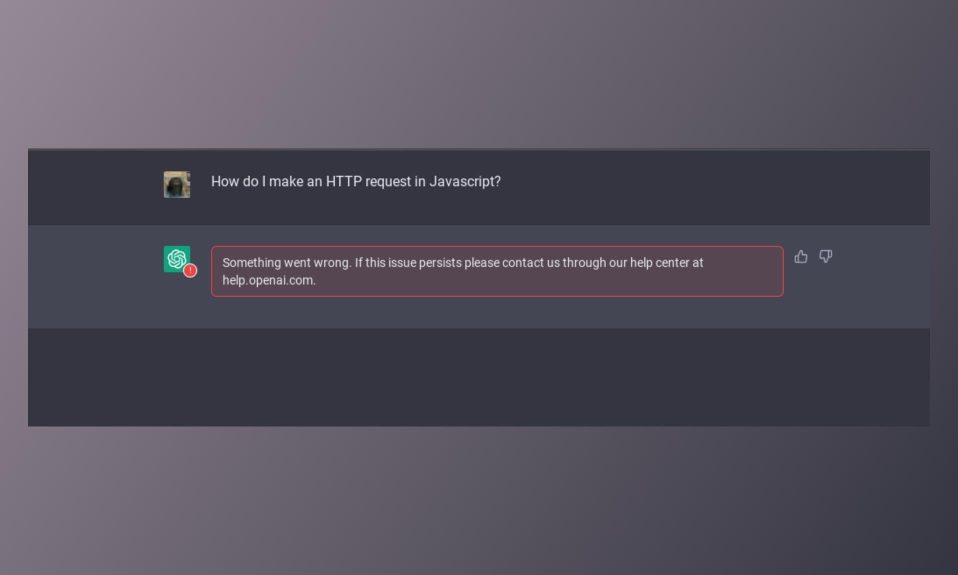VPN vs. Proxy is a long-going battle. However, which of them is really better? Both proxies and virtual private networks (VPNs) mask your IP address by connecting you to a remote computer. Despite this, VPNs and proxies are very different from each other in this regard.
VPNs cost money, but they encrypt your data, whereas proxy servers offer much less security but don’t usually charge users for their services.
Is a virtual private network (VPN) or a proxy better? We’ve gathered a lot of helpful information in this article to help you figure out which choice is best for you. So if you want to learn more about VPNs and proxies, keep reading.
What is a VPN?
Anonymity and online privacy are provided by using a virtual private network, or VPN, which is better known as a virtual private network (VPN).
VPNs hide your IP address, making it nearly impossible to track your online activities. Using a virtual private network (VPN) protects your online activity by encrypting all data transmitted between your computer and the VPN server.
Using a virtual private network (VPN) is a must when using public Wi-Fi in a coffee shop, hotel lobby, or any other location where free public Wi-Fi is available.
Using a virtual private network (VPN) hides your online activity from prying eyes like cybercriminals, businesses, governments, and other snoops.
Why Do You Need a VPN?
It’s possible to expose your personal information and browsing habits if you use an unencrypted Wi-Fi network to access the Internet. Because of this, a virtual private network (or VPN) is essential for anyone concerned about their online security and privacy.
In the hotel’s lobby, have you ever accessed your online bank account? Alternatively, you may have paid your credit card bill online while sipping a mocha at your local coffee shop. If you did this without first connecting to a VPN, you put yourself and your browsing habits at risk of being hacked.
Unless you’re using a password-protected private Wi-Fi network, anyone else on the same network could listen in on any data you send or receive online.
An encrypted virtual private network (VPN) is what you need to keep strangers from reading your online communications. Online activities such as sending emails and shopping on the internet are protected by a virtual private network (VPN).
As a result, snoops won’t know that you’re browsing the web, downloading files, and commenting on Reddit groups while using a virtual private network (VPN). What’s going on here? It doesn’t matter if you’re using a phone, laptop, or tablet. A VPN encrypts the data you send and receive on all of these devices. The VPN service provider’s servers receive your data through a secure tunnel. Encrypted data is sent to the site you’re trying to get to and rerouted.
What is a Proxy?
You can think of a proxy server as a sort of doorway to the internet. It’s a server that stands between the end user and the websites they visit. Your use case, needs, or company policy may dictate whether or not a proxy server is appropriate for your situation.
Using a proxy server routes all of your internet traffic through the proxy server before it reaches the destination address you specified in your browser. Requests are redirected through the same proxy server, which then passes the data received from the website on to you (there are some exceptions to this rule).
Because if that’s all it does, why bother? Why not just go directly to the website and then back?
All in the name of network security and performance, modern proxy servers do more than just forward web requests. As a firewall and web filter, proxy servers provide shared network connections and cache data to speed up common requests, which is why they are commonly used.
Users and the internal network are safe from malicious content on the internet when it is served through a proxy server. As a final point, proxy servers offer a high degree of privacy.
How Does a Proxy Server Operate?
The Internet Protocol (IP) addresses of all computers on the internet must be unique. Imagine this IP address as the physical location of your computer’s front door. In the same way that the post office knows where to deliver your mail, the internet knows where to send your data by its IP address.
Proxy servers are computers on the internet with their own IP addresses that your computer recognizes. First, your request is sent to the proxy server, which then forwards it to your browser. Upon receiving a response from the web server, the proxy server then displays the web page data in your browser on your behalf.
Using a proxy server to forward your web requests allows it to alter the data you send and still deliver the information you want. In order to hide your location from the web server, you can use a proxy server. It has the ability to encrypt your data so that it cannot be deciphered while it travels. Finally, a proxy server can restrict access to specific web pages based on their IP address.
Is VPN Better than a Proxy?
If you’re concerned about privacy and security, then a virtual private network (VPN) is the better option. A proxy server simply routes your traffic through a middleman server, but it does not provide any additional security.
VPNs, on the other hand, secure all of your traffic at the operating system level, unlike proxies. There is no contest between a virtual private network (VPN) and a proxy.
Do You Need a Proxy If You Have a VPN?
No. There are many advantages to using a premium virtual private network (VPN). Keep in mind that not all proxies are safe, and some of them may collect your personal information, if you use a proxy extension.
Can You Use VPN and Proxy Together?
It is possible to use a VPN and Proxy in conjunction, but doing so will necessitate some configuration work. We also advise against using a proxy server because it will slow down your internet connection without providing any additional benefits. When using both, it’s best to switch between the two.
Should You Use a Free Proxy or a Free VPN?
Security and privacy may suffer as a result of using free proxy or VPN services. Developers have to earn money somehow, so they can snoop on your data, bombard you with adware, or limit how much data you can use.
Premium VPN providers put a lot of money into their network and software, so you can rest assured that your data is safe and secure. They provide you with a wide selection of servers, the fastest VPN protocols, round-the-clock customer service, and an ongoing commitment to quality improvement. In the long run, the savings of a few dollars here and there could end up costing you more than you bargained for.
VPN vs. Proxy: Final Verdict
If you’re doing a VPN vs. Proxy comparison for security reasons, the VPN is the clear winner. Your online activity will be protected from hackers and third parties thanks to its multiple layers of encryption and no-log policy.
A proxy, on the other hand, is just as effective as a VPN at masking your real IP address. In fact, a proxy server might be a better option if you only need to hide your identity from a single website or app, especially if bandwidth and browsing speeds are a concern.
It’s also possible to use a free proxy server if you’re concerned about cost or don’t want to sign up for yet another monthly subscription. A basic level of online privacy and the ability to bypass content restrictions can be had for free.
Despite the fact that most VPNs charge a monthly fee, this isn’t likely to be prohibitive for most people. A VPN subscription costs as little as a few dollars per month.









